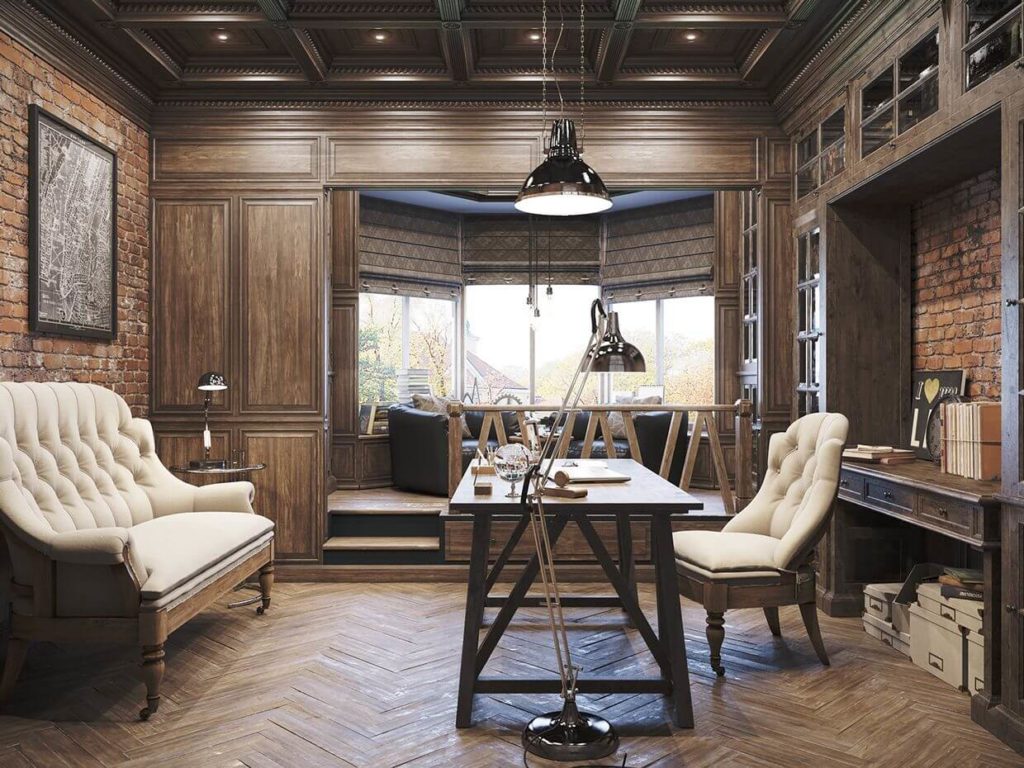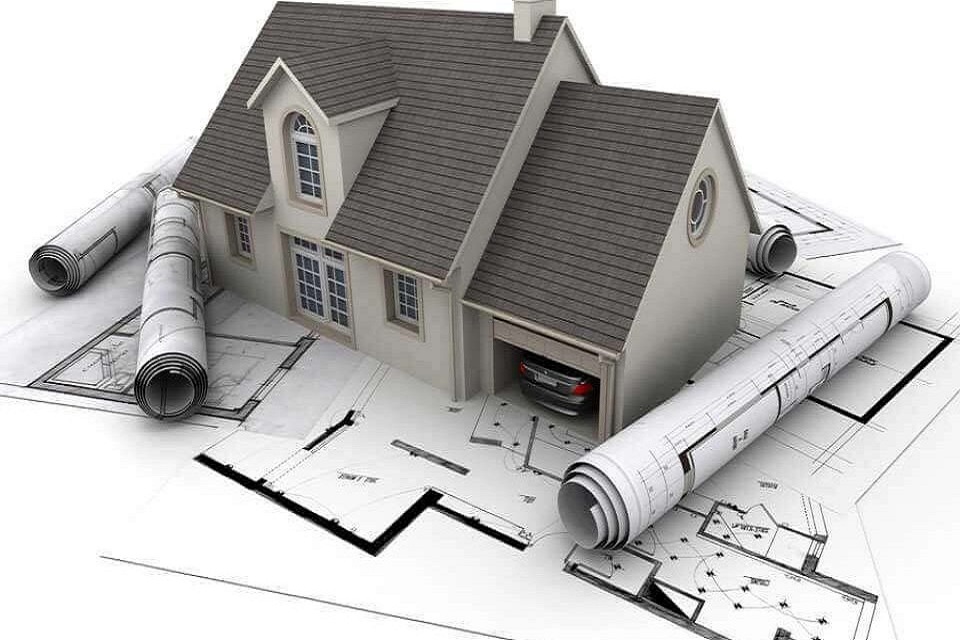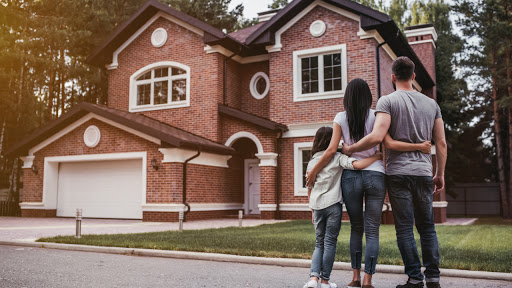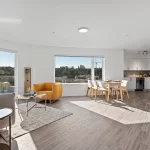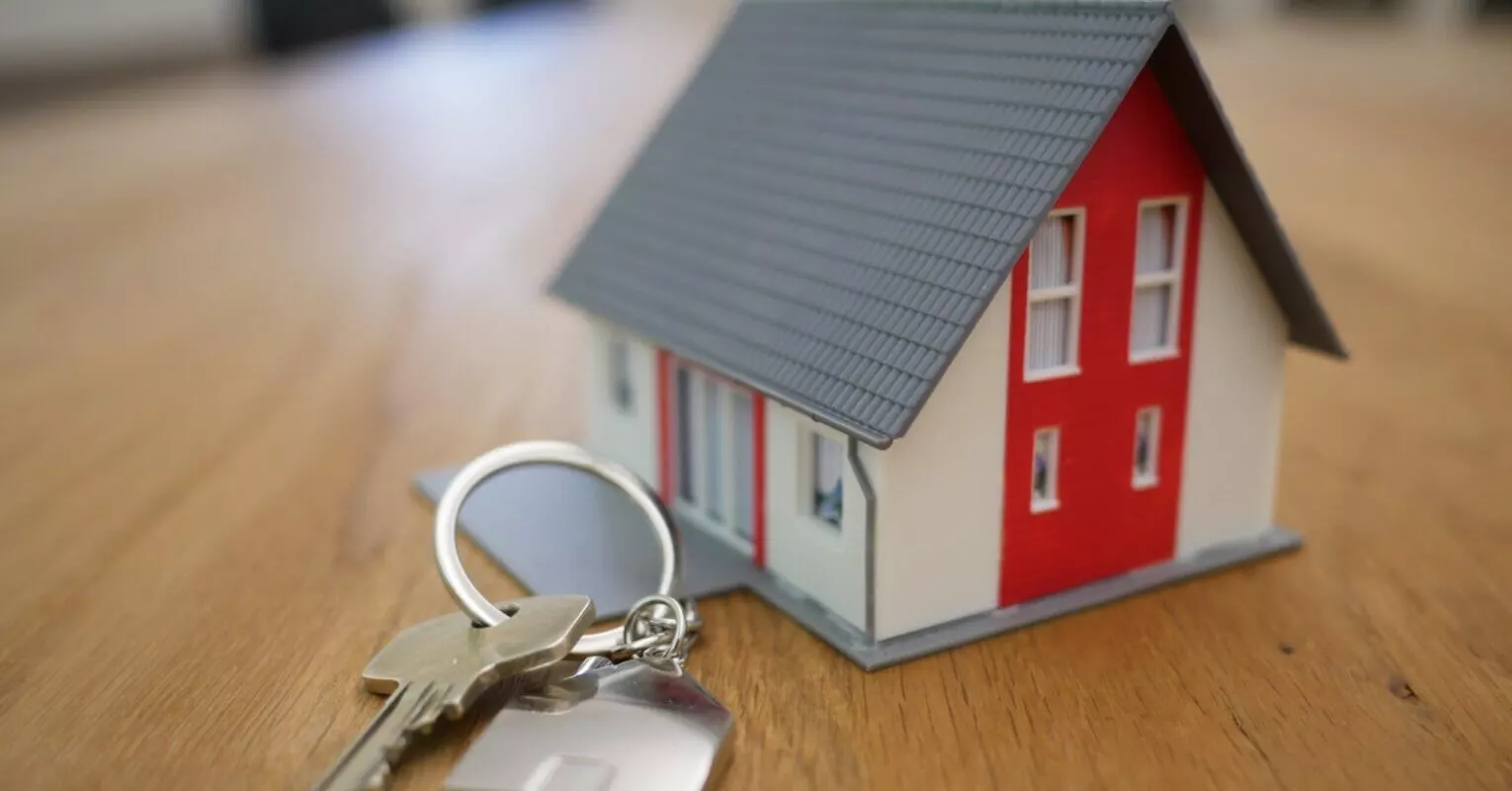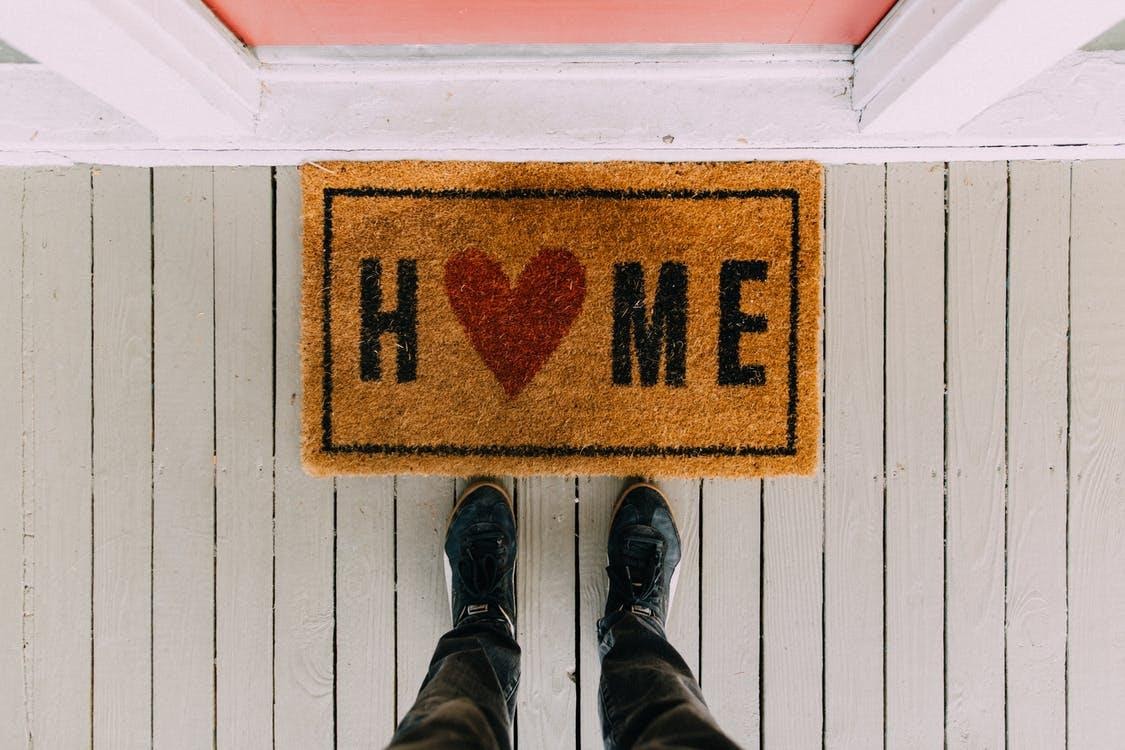How Big of a Home Do I Need? A Comprehensive Guide
When it comes to buying a house, one of the most common questions potential homeowners ask is, “How big of a home do I need?” The answer to this question is not as straightforward as it might seem. It depends on various factors, including your lifestyle, family size, future plans, and personal preferences. This article will guide you through these considerations to help you determine the ideal home size for you.

Understanding Your Current Needs
Family Size and Composition
The first factor to consider when determining the size of your home is your family size. A single person or a couple might be comfortable in a one-bedroom or two-bedroom house. However, if you have children, you’ll need to consider additional bedrooms. If you’re planning to have more children in the future, it’s wise to factor that into your decision as well.
Moreover, the age of your children can also influence the size of the home you need. Young children may be able to share a bedroom, but as they grow older, they may need their own spaces. Also, if you have elderly family members living with you, you might need a home with a ground-floor bedroom and bathroom for their convenience.
Lifestyle and Habits
Your lifestyle and habits also play a significant role in determining the size of the home you need. If you work from home, you might need an extra room to use as a home office. If you’re an avid hobbyist, whether that’s crafting, collecting, or exercising, you might need additional space for your activities.
Consider your daily routines and how much space they require. Do you enjoy hosting dinner parties or having friends over for game nights? If so, a larger dining and living area would be beneficial. If you love cooking, a larger kitchen might be on your list.
Planning for the Future
Room for Growth
When looking at homes for sale, it’s essential to not only consider your current situation but also plan for the future. If you’re planning to expand your family or have regular visitors like extended family or friends, you might want to consider a home with extra bedrooms or a guest suite.
Also, consider your career growth. If you anticipate needing more space to work from home in the future, ensure your potential new home can accommodate this.
Aging in Place
If you plan to stay in this home for the long term, consider features that will make the house more comfortable as you age. Single-story homes, for instance, can be more convenient and safer for seniors. Also, consider a home with wide doorways and a step-in shower, which can be beneficial for mobility as you age.
Balancing Size and Budget
Cost Implications
Larger homes are typically more expensive, not just in terms of purchase price, but also in terms of maintenance, utilities, and taxes. More square footage means more space to heat and cool, which can lead to higher utility bills. Larger homes can also be more expensive to maintain, with more potential for things to break or need replacing.
Make sure to factor these ongoing costs into your budget. It’s not just about whether you can afford the mortgage payments – you also need to be able to afford to live in the home comfortably.
Investment Potential
While a larger home might be more expensive, it could also offer better investment potential. Homes with more bedrooms and bathrooms tend to appreciate more over time, which could benefit you if you decide to sell in the future.
However, it’s important to remember that real estate is not a guaranteed investment. Market conditions can fluctuate, and there’s no guarantee that your home will appreciate in value.
Quality Over Quantity
Remember, the size of a home isn’t everything. Thequality of the space is equally, if not more, important. A well-designed smaller home can be more functional and comfortable than a poorly designed larger one.
For instance, open floor plans can make a smaller home feel larger and more spacious. High ceilings, large windows, and good lighting can also make a space feel bigger and more inviting. On the other hand, a larger home with a poor layout can feel cramped and uncomfortable.
When looking at homes for sale, pay attention to the layout and design of the home, not just the square footage. Consider how the space flows and whether it suits your lifestyle.
Location and Community
The size of your home should also be considered in relation to its location and the surrounding community. A smaller home in a neighborhood with good schools, convenient amenities, and a strong sense of community might be a better fit for you than a larger home in a less desirable location.
Remember, when you buy a home, you’re not just buying a physical structure. You’re also buying into a neighborhood and a community. The quality of the schools, the safety of the neighborhood, the proximity to amenities – these are all factors that can affect your quality of life in your new home.
Flexibility and Adaptability
Another factor to consider is the flexibility and adaptability of the space. A home that can adapt to your changing needs over time can be a great asset. For instance, a spare bedroom could serve as a home office now and a nursery in the future. A basement could be used for storage now and be converted into a family room or home theater later.
When looking at homes, consider not just how they can serve your needs now, but also how they can adapt to your needs in the future.
How Big of Home Do I Need?
Determining the size of the home you need involves careful consideration of your current lifestyle, future plans, and budget. It’s a personal decision that should reflect your individual needs and preferences.
Remember, a home is more than just a place to live. It’s a place where you’ll make memories, grow, and change over time. The size of your home can have a big impact on your lifestyle and happiness, so it’s worth taking the time to think carefully about what you really need.
When looking at homes for sale, keep these factors in mind to ensure you find a home that’s just the right size for you. And remember, the most important thing is that your home feels comfortable, welcoming, and truly feels like home.

I am Scott Miller and my love is writing about home improvement. I write mostly about home ideas, but also share some tips and tricks that can make your life easier when it comes to getting things done in the house.



